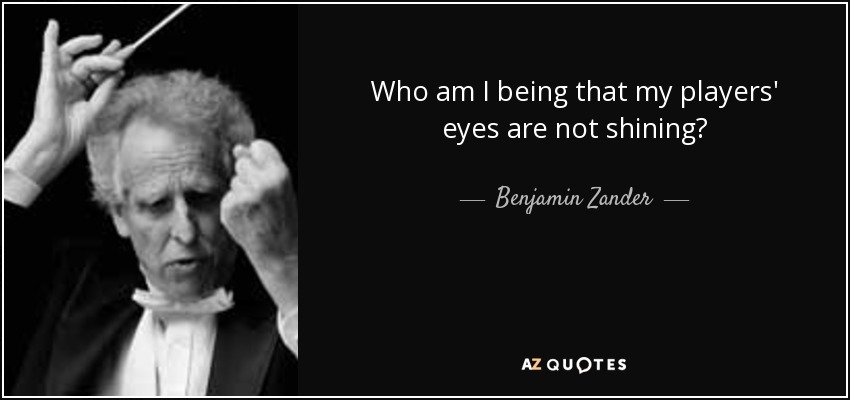It s been said that players with brown eyes are better hitters than those with blue eyes

Are Players with Brown Eyes Better Hitters than Those with Blue Eyes?

There has been a longstanding debate in the world of baseball regarding the supposed advantage that players with brown eyes have over those with blue eyes when it comes to hitting. This hypothesis suggests that the color of a player’s eyes may influence their ability to track the ball, react quickly, and make solid contact with the bat. But is there any truth behind this claim? Let’s delve into the fascinating world of eye color and its potential impact on baseball performance.
To explore this topic, one must consider the connection between eye color and the glare of sunlight. It is well-known that blue-eyed individuals tend to be more sensitive to bright light due to their lighter iris pigmentation. This sensitivity to glare can pose challenges for blue-eyed hitters, especially when playing in open-air stadiums during the day. The intensity of the sunlight can interfere with their depth perception and visual focus, potentially affecting their batting performance.

In a 2011 article by The New York Times, it was highlighted that some blue-eyed batters resort to various strategies to overcome the challenges posed by glare. This includes wearing sunglasses, using eye black, or creating shadows with their hands to shield their eyes from direct sunlight. Despite these measures, the potential impact on their performance remains a topic of discussion.
However, it’s important to note that eye color alone is not the sole determining factor for hitting prowess. Baseball, like any other sport, requires a combination of athleticism, skill, focus, and strategy. While glare may affect blue-eyed players more prominently, it does not necessarily mean that brown-eyed hitters automatically have an advantage. Talent and individual capabilities play a more significant role in determining a player’s success at the plate.
It’s crucial to look beyond eye color and consider other contributing factors that can influence hitting abilities. For instance, a batter’s hand-eye coordination, muscle memory, reaction time, and overall vision are essential components that can make a significant difference in their performance. Coaches and players dedicate countless hours perfecting their technique, regardless of their eye color, to optimize their hitting skills.
In conclusion, while there is anecdotal evidence to suggest that players with blue eyes may face challenges related to glare, it is essential not to generalize or draw definitive conclusions solely based on eye color. Baseball is a complex sport where numerous factors contribute to a player’s success or struggle at the plate. Talent, training, and the ability to adapt to different environmental conditions are valuable elements that should not be overshadowed by a simple eye color bias.
Sources:
Tags
Share
Related Posts
Quick Links
Legal Stuff

